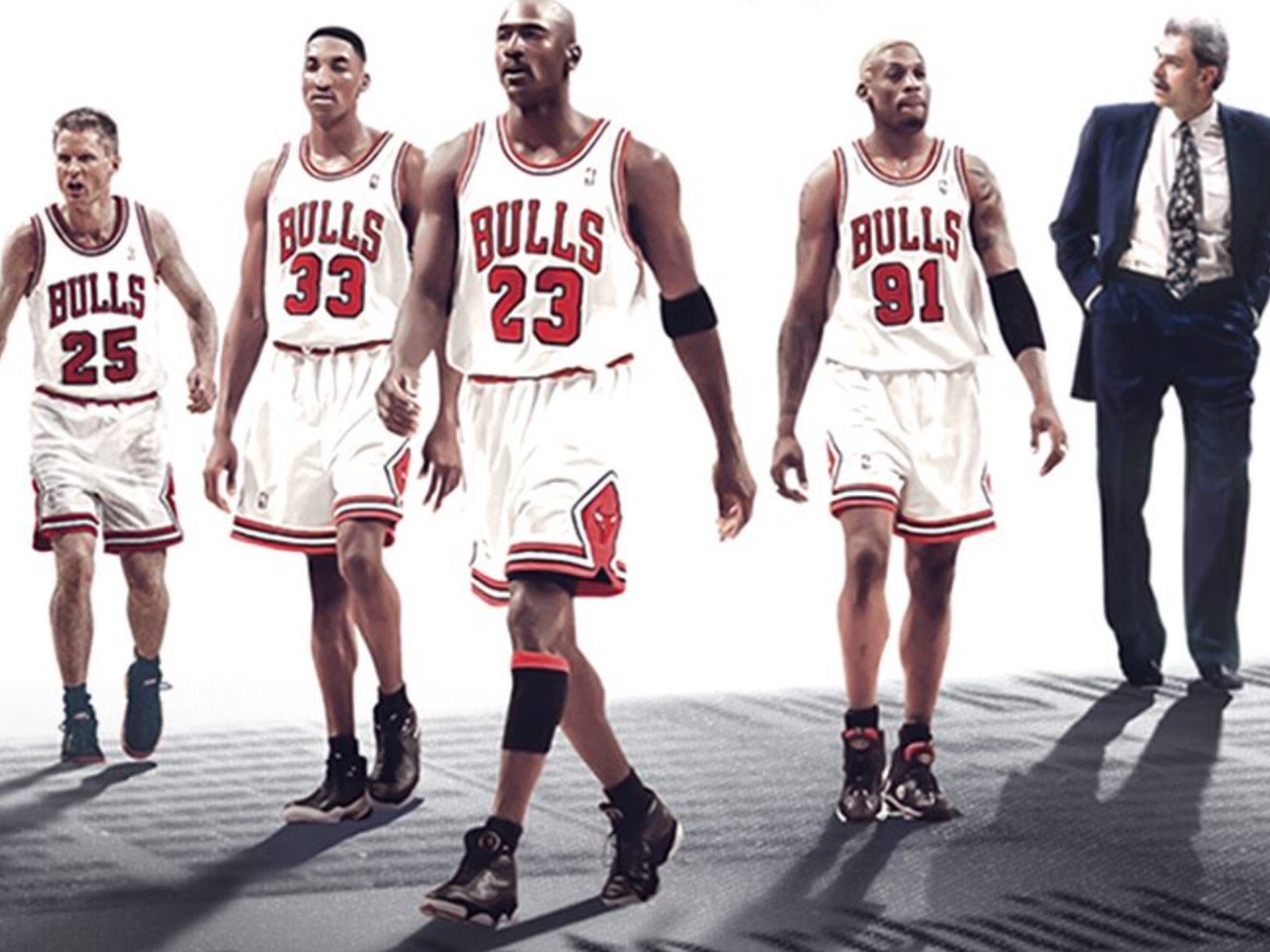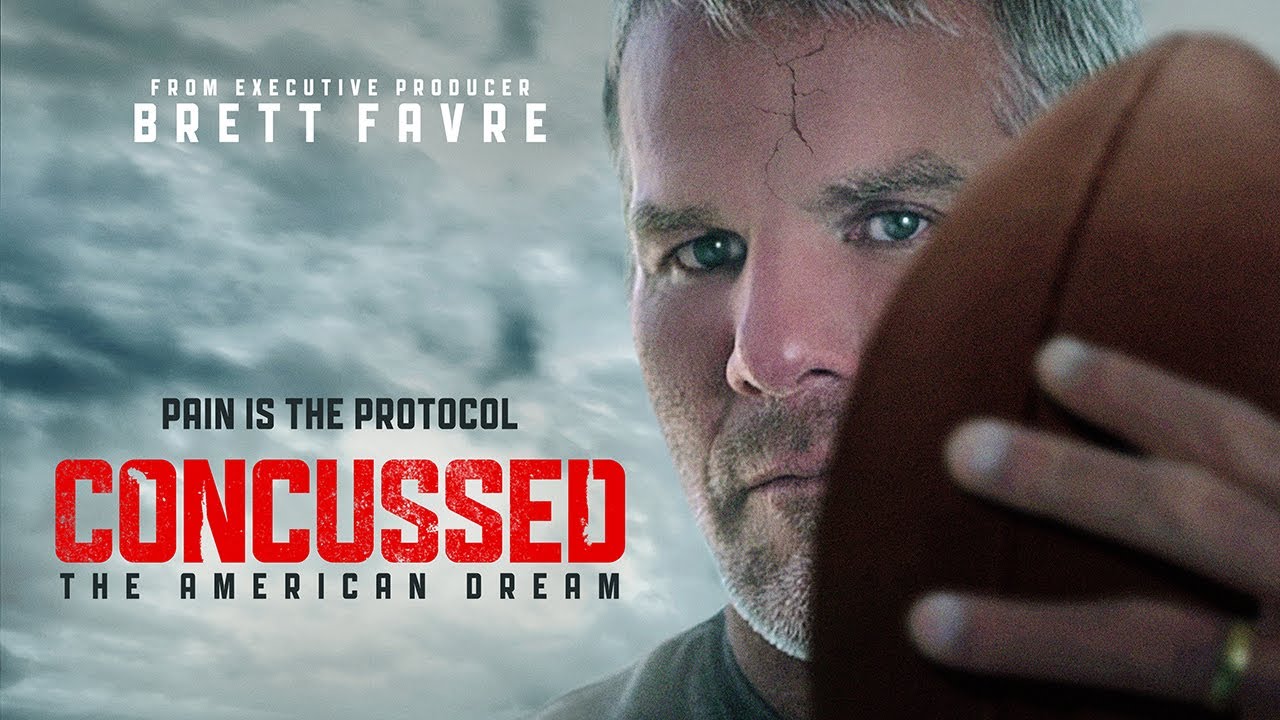True crime is a huge and controversial genre. While the audience is in the millions, there are concerns about what exactly it is we are consuming and for what reasons. Is the audience enjoying the trauma and pain? Is the “true” part of the title so manipulated that it has lost all value? Another genre that has increased in popularity is sports documentaries that can often focus on the trauma and hardship of the people involved, and likewise face accusations of being less than completely factual.
Formula 1

Perhaps the film that kicked off this recent resurgence was Senna, a documentary on F1 driver Ayrton Senna that was released to critical acclaim, following the driver over the course of his career to his death at the 1994 San Marino Grand Prix. The film dealt with Senna’s background, his rivalries and his tragic death. It is likely that Senna was a big reason that Formula 1: Drive To Survive was made. This is a Netflix show that condenses a season of Formula 1 into one season of television, and has been very popular and opened the sport up to new audiences. However, the show almost immediately ran into controversy about the spin the showmakers were putting on the real events. Drivers complained that rivalries were manufactured in the edit, that all kinds of events were misrepresented, put in a different context or exaggerated. This led to F1 champion Max Verstappen refusing to be involved in the show for several seasons. It has been said that some people watch F1 for the possibility of a crash, although no driver has died in a race since Ayrton Senna, and obviously a season retrospective documentary will not be breaking the news of such an accident.

The Last Dance focuses on basketball colossus Michael Jordan and the Chicago Bulls, zooming in on 1997-1998 season, Jordan’s last season with the team. Whilst a critical and commercial success, the series has faced a lot of pushback. Some of those who took part claim they were misled, believing they were taking part in a documentary purely about that season on the Chicago Bulls, not that it had a particular spotlight on Jordan. Again, there were claims some contributors were portrayed in a negative light, and Jordan, who clearly was essential for the programme, was deferred to too much. Michael Jordan’s production company, Jump 23, was additionally a co-producer on the documentary which could potentially give him even more influence.

There are documentaries that go into very dark sides of sports, such as 2024 Concussed: The American Dream, which focuses on Chronic Traumatic Encephalopathy, CTE, in American football. This condition is caused by repeated blows to the head, contrasting the careers of Tyler Sash and Brett Favre. Tyler Sash was a promising young professional football player who died in 2015 and after an autopsy was confirmed to have CTE. CTE can cause cognitive issues like memory loss, trouble concentrating, but can also lead to drastic changes in mood and behaviour, with issues like mood instability, aggression and suicidal behaviour all being associated with it. Tyler Sash’s short career and tragic death are contrasted with football legend Brett Favre, who also has had repeated concussions and head trauma from playing the sport and has become a prominent advocate in safety in football and understanding CTE. The title of the film Concussed: The American Dream is telling, as playing professional football is a dream for many Americans, but one that can leave them facing huge medical problems.
True Sport
The biggest two differences between these two true crime and “true sport” are that in sports documentaries, you are dealing with celebrities, who are usually still alive, and the trauma and negativity they portray is less destructive than violent crime. With The Last Dance, there are questions about how much influence Jordan had over the documentary; he is listed as a producer and without his involvement, would the documentary have taken place? On the other side of this issue, Formula 1: Drive To Survive had the issue of prominent drivers refusing to take part because of the problems they saw, which they can do in a TV show that goes on for years. Ken Burns, the legendary documentarian, specifically criticised The Last Dance for a lack of journalistic credibility and integrity, as it easily gave way to pressure to show Jordan in the best light.
The second difference in the subject matter is of even more importance. Of the four documentaries mentioned, The Last Dance is about the success and talent of Jordan and the Chicago Bulls, Formula 1: Drive To Survive, the excitement and tension of a sporting season, Senna, about the life and tragic death of a great competitor and Concussed: An American Dream, the suffering caused by CTE. The first two documentaries have issues, but their subject matter has less weight than most true crime dramas; while obviously Ayrton Senna’s death was tragic, the documentary doesn’t exploit that and Concussed: The American Dream has a very specific viewpoint on an ongoing problem. The manipulation of violence, death and suffering for ratings, a problem so prevalent in true crime, is nowhere near as widespread. Again, this is due to inherent differences in reporting on crime or sport; the latter has far less tragedy. It seems the bigger problem in true sport is not the trauma but the manipulation of the story, either by producers looking for more salacious plots or the very sportspeople who the documentaries are about.

